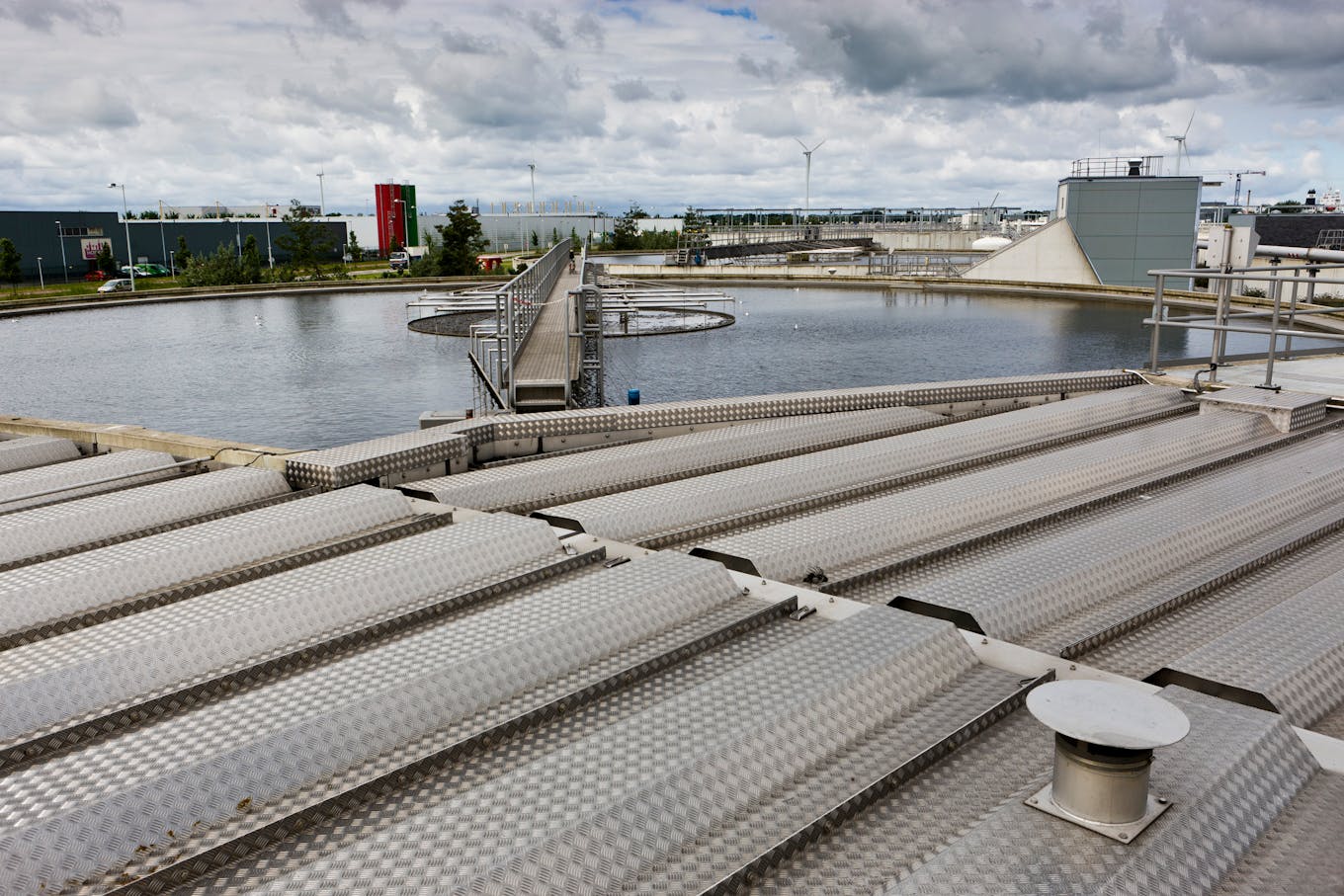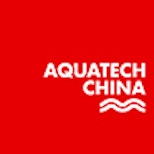For years, any mention of China’s water supply has evoked images of murky rivers turned unnatural shades of orange, green, or even blood red by unabated pollution, which is sometimes so toxic that it gives rise to “cancer villages” across the country.
But this may soon change, thanks to a new policy rolled out by the Chinese government last April. The so-called Water Ten Plan, regarded by observers as “China’s most comprehensive water policy to date”, sets strict rules on industrial water pollution, water efficiency, and environmental protection, among other things.
Under this new plan, industries which fail to meet pollution reduction targets could be forced to shut down, pay hefty fines, or see their top management jailed for violating environmental rules.
While firms may be anxious about the new and strict regulations, the move spells good news for the future of China’s water ecosystem and companies in the water treatment technology sector, says Christopher Gasson, publisher of United Kingdom-based market analysis firm Global Water Intelligence (GWI).
“Before the Water Ten Plan, it was cheaper for companies to pay the fines than to comply with the regulation,” he tells Eco-Business in a recent interview. But now, the penalties for violations are prohibitively expensive, and “we are seeing a real move in the industry” towards higher water treatment standards, he says.
Technology exchange needed
Meeting the government’s new rules will require expertise in complex industrial water treatment processes, notes Gasson. These include treating water with high levels of salinity - or the concentration of dissolved salts in the water - or reusing waste water so there is “zero discharge” of effluents into waterways.
He adds that while Chinese firms have built up strong capabilities in municipal water treatment - that is, purifying water for human use and treating waste water from homes - their expertise is more limited when it comes to cutting-edge industrial water treatment.
“Chinese companies are interested in investing in such technologies, and this creates new opportunities for international players,” he says.
To shed more light on the potential inroads into China’s industrial water technology market, GWI is organising the Industrial Water Leaders Forum China at the upcoming Aquatech China exhibition, which according to its organisers is Asia’s largest event for water treatment and management.
The invitation-only forum, a new addition to the annual Aquatech China event, will offer international visitors insights into the opportunities available in China’s water treatment sector, and brief them on the impacts of the Water Ten Plan on sectors such as metal production, agriculture, and pulp and paper.
The forum is just one component of Aquatech China, which is presented by Dutch exhibition company RAI Amsterdam, who say that this year’s event, with its forum, exhibition and other side programmes, will boast the “biggest programme ever” since the first edition of the expo in 2008.
More than 1,400 companies from around the world will have their wares on display at the event, which will be held in Shanghai’s National Exhibition and Convention Centre from June 15 to 17. About 56,000 visitors are expected to attend the event.
Solid partnerships for water treatment
Thijs Jagtenberg, Aquatech China product manager, RAI Amsterdam, notes that “there are many opportunities in China around water, but international companies also face challenges when trying to do business there”.
These can include navigating the country’s legal and financial systems, finding qualified staff for their Chinese ventures, and establishing partnerships with local players to expand their presence in the Asian superpower’s economy.
To help international companies overcome these challenges, countries such as Holland, Canada, South Korea and Spain have set up dedicated pavilions at the event. Here, they will promote companies from their nations to Chinese visitors, as well as facilitate match-making sessions between foreign firms, Chinese distributors and business partners.
For example, Holland, which is globally renowned as a leader in water treatment technology, will host 14 Dutch companies at its pavilion, which is jointly organised by RAI Amsterdam, the Netherlands Business Support Office (NBSO) in Wuhan and the Infrastructure & Environment department of the Dutch Consulate-General in Shanghai.
Judith van de Bovenkamp, chief representative of NSBO Wuhan, shares that “the Netherlands has innovative new technologies and solutions to offer for China’s water related challenges, and we aim to match Dutch solutions to these challenges”.
The firms exhibiting at the Holland pavilion will have expertise in various sectors, including wastewater treatment, water quality monitoring, and soil treatment.

A water treatment facility in Holland. Image: Netherlands Business Support Office Wuhan
One such outfit is Optiqua Technologies, which makes tools for water quality monitoring, an essential process to detect changes in water pollution. Another firm, Biorock, has designed a residential wastewater treatment which can operate without the use of electricity.
These companies “represent the innovativeness and high-quality standard of the Dutch water sector,” notes van de Bovenkamp. “The Holland pavilion gives them an excellent opportunity to position themselves in the Chinese market and meet new business contacts”.
Along with its focus on creating new opportunities in China for international firms, the Aquatech China event will also for the first time host an award ceremony for Chinese and foreign firms which have developed innovative water treatment products.
The inaugural China BlueTech Awards are co-organised by international market analysis firm BlueTech Research in partnership with Chinese consultancy Mandarin Environment and Aquatech China.
They will recognise one company from China and one international outfit which have invented new water treatment technologies and are ready to commercialise them. A shortlist of eight firms has already been finalised, and the winners will be announced at the Aquatech China event.
Paul O’Callaghan, founder and chief executive of BlueTech Research, says that the idea behind these awards is to showcase technologies which can quickly solve China’s mounting water pollution problem, and also help companies keep pace with the government’s new regulations.
“The China BlueTech Awards will help make Chinese decision-makers and investors aware of which technologies could be used to resolve the challenges they face,” he notes.
Alongside the focus on importing international expertise into China, many Chinese technologies also have the capacity to be successfully exported elsewhere, adds O’Callaghan. “One of the main ambitions of the new awards is to make this happen”.
Click here to find out more about what’s in store at Aquatech China 2016 and register for the event.











